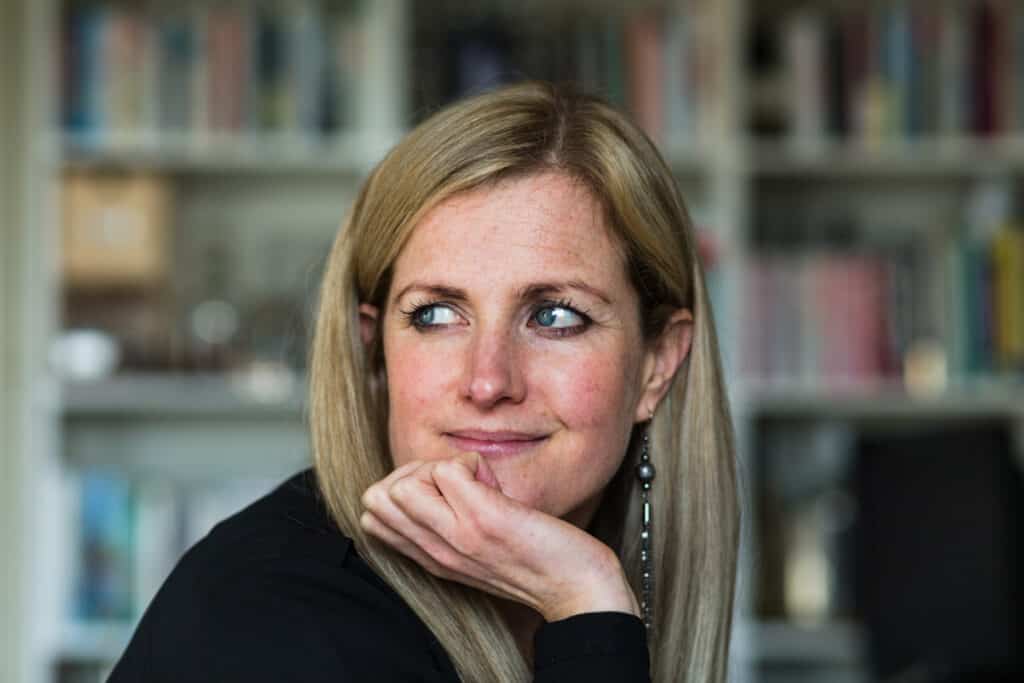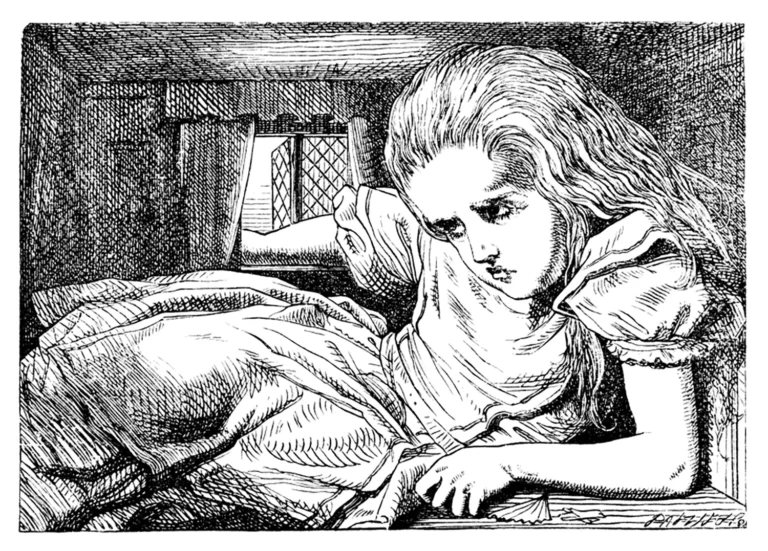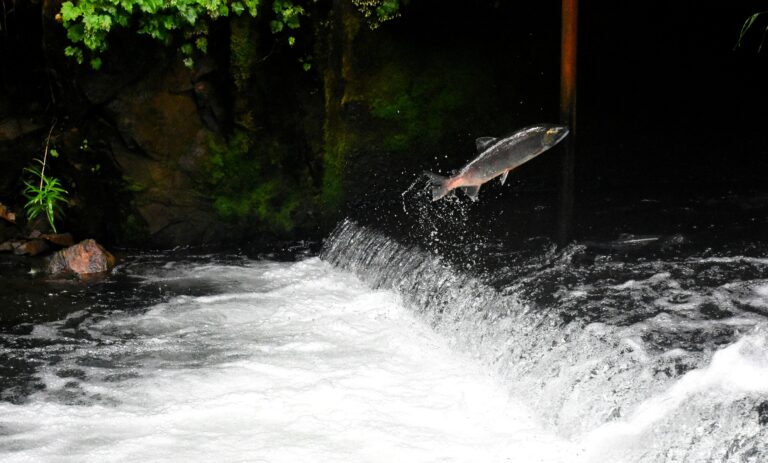Edinburgh Futures Institute and the Global Compassion Initiative | The University of Edinburgh is hosting Dr Katherine Trebeck as a ‘writer-at-large’.
Working closely with Professor Liz Grant | The University of Edinburgh (co-director of the Planetary Futures MSc and the Global Compassion Initiative), Katherine will explore the overlap between compassion and the economy. Over this three-year project, Katherine is producing a suite of written pieces, taking part in discussions about a more compassionate economy (for example, supporting the U21 Health Sciences initiative), and co-delivering a course on the Wellbeing Economy as part of our postgraduate degree programme Planetary Health.
If you would like to get in touch, you can do so via Katherine’s website: katherinetrebeck.com.
Latest writings
Building an Economy that Prevents Harm: Collaboration and Compassion Upstream
In this thought piece, Kristy Docherty (Scottish Prevention Hub) and Katherine Trebeck (Compassion in Financial Services Hub) explain why collaboration is vital to the work of creating an economy that prevents harm.
About Katherine
Katherine has long been working to change how people and policy makers think about and shape the economy. In recent years she co-founded the Wellbeing Economy Alliance (WEAll) and its Scottish hub, WEAll Scotland, and instigated the Wellbeing Economy Governments partnership, WEGo.
Alongside her time as writer-at-large at the Edinburgh Futures Institute, Katherine is a member of, and advisor to, the Club of Rome, a Strategic Advisor for the Centre for Policy Development, and Economic Strategy Advisor to The Next Economy. She is a thinker-in-residence at the Australian National University’s Planetary Health Hot House, a New Economics Senior Fellow at the ZOE Institute, a Fellow of The Post Growth Institute, and a Distinguished Fellow of the Schumacher Institute.
Katherine has Bachelor Degrees in Economics and in Politics (University of Melbourne) and holds a PhD in Political Science from the Australian National University. Her board roles have included a range of groups such as the C40 Centre for Urban Climate Policy and Economy, the Centre for Understanding Sustainable Prosperity, and The Democracy Collaborative.
Image credit: Robert Ormerod















